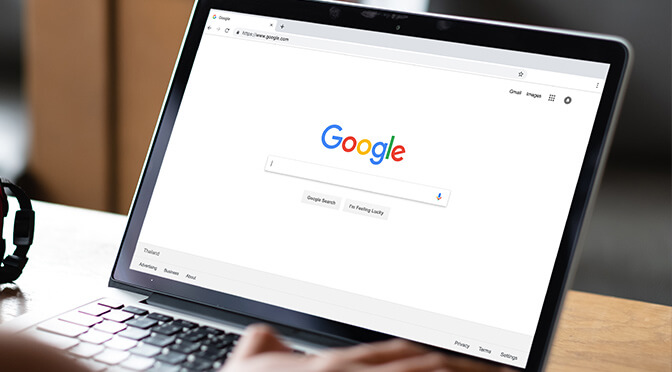
Pay-per-click or PPC is a very effective online marketing and advertising model which is primarily designed for driving traffic to a website. The advertiser will pay the ad publisher for each click on the advertisement. There are various advertising networks through which the majority of PPC advertising takes place. Though the demands of PPC services are very high, the process is not as simple as it sounds. In fact, running the first campaign for PPC can be quite a daunting task. This leaves many businesses looking for experienced and professional PPC management.
Keywords and PPC Campaign
The success of a PPC campaign depends greatly on the choice of the keywords. Deep analytical research is needed to find the most appropriate keywords. When the right keywords are chosen, it will result in a higher conversion rate and more clicks. In paid search campaigns, sometimes called SEM, keywords are the main focal point for finding interested consumers. Using proper keywords at the right place will help ensure your ads are shown to the right users at the right time.
Some Guidelines for Choosing Proper Keywords for PPC
When selecting keywords for a PPC campaign, you have to put yourself in the shoes of the customer. This will help you in understanding which keywords they search for while looking for a product or a service. Follow these guidelines for the appropriate choice of keywords for PPC:
- Concentrate on Long-tail Keywords – Long-tail keywords are terms 4-6 words in length. A survey has shown that almost 70% of Google searches are done with long-tail keywords. When compared to generic keywords, long-tail keywords are less competitive. There is another benefit of these keywords – they are highly targeted. Find relevant long-tail keywords for your PPC campaign.
- Generic Terms – Generic keywords are individual words that are related to the niche to which your product or service belongs. Most of the keywords are classified under this category. People use these terms for high purchasing intent as well as for low purchasing intent. Low intent terms are comparatively cheaper than high intent ones.
- Target Keywords That Are Low-competition but High-volume – The best keywords for the PPC campaign will be low in competition but high in search volume. This implies that many consumers are looking and searching for the products/services, but the number of businesses paying for them is quite low. Finding these keywords will take time and effort, as they are not very easy to find.
- Targeting Evergreen or Timely Keywords – Timely keywords trend highly on a temporary basis. They may be trending due to some current event or for a specific time of the year. Evergreen keywords are just the contrary of this. These keywords have a consistent rate of popularity throughout the year. Your business goals and context will help decide which keywords will be used for the PPC campaign. For limited-time promotions or product release or a specific event, targeting timely keywords is effective.
If you would like to know more about successful PPC strategies, contact Hughes Media, a leading PPC agency at (404) 848-0487. Let us put our years of PPC experience to work for you.
About the Author:
Deedra Hughes
Experienced President with a demonstrated history of working in the marketing and advertising industry. Skilled in Digital Strategy, Search Engine Optimization (SEO), Integrated Marketing, Advertising, and Pay Per Click (PPC). Strong business development professional with a Bachelor’s Degree focused in Communications from Ohio University.
